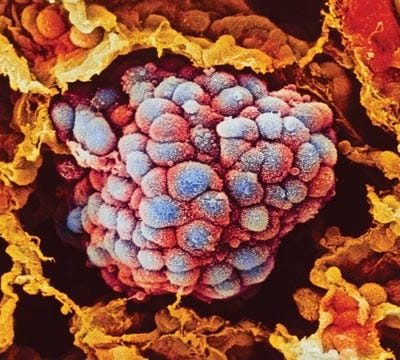A new study conducted by researchers at the University of California, Irvine (UCI) has found that low doses of radiation over an extended period, such as those experienced by employees in nuclear power plants, increase the risk of cancer much more than previously thought. The findings suggest that radiation protection regulations need to be adjusted accordingly. The study analyzed the deaths of 309,932 nuclear industry workers in the United States, France, and the United Kingdom from 1944 to 2016. Of those workers, 28,089 died from cancer. The researchers were able to access data on the workers’ exposure to ionizing radiation, and found that each unit of absorbed radiation increased the risk of cancer by 52 percent.
The study’s authors argue that the current radiation protection regulations, which are based on studies of survivors of the atomic bombings of Japan at the end of World War II, do not adequately account for the risks associated with low doses of radiation over a long period. The researchers found that the risk of cancer was doubled for workers with the lowest cumulative radiation doses. The study’s authors suggest that the findings are important for developing new radiation protection regulations in the workplace. However, the study has some limitations, including inadequate data on radiation exposure in the early years of the nuclear industry.
The study’s lead author, John D. Boice Jr., said that many people assume that low doses of radiation are less carcinogenic than high doses, but the study found no evidence to support this assumption. The findings suggest that radiation protection regulations need to be updated to reflect the risks associated with low doses of radiation over a long period. The study’s authors hope that their findings will lead to better protection for workers in the nuclear industry and other fields where exposure to ionizing radiation is common.










